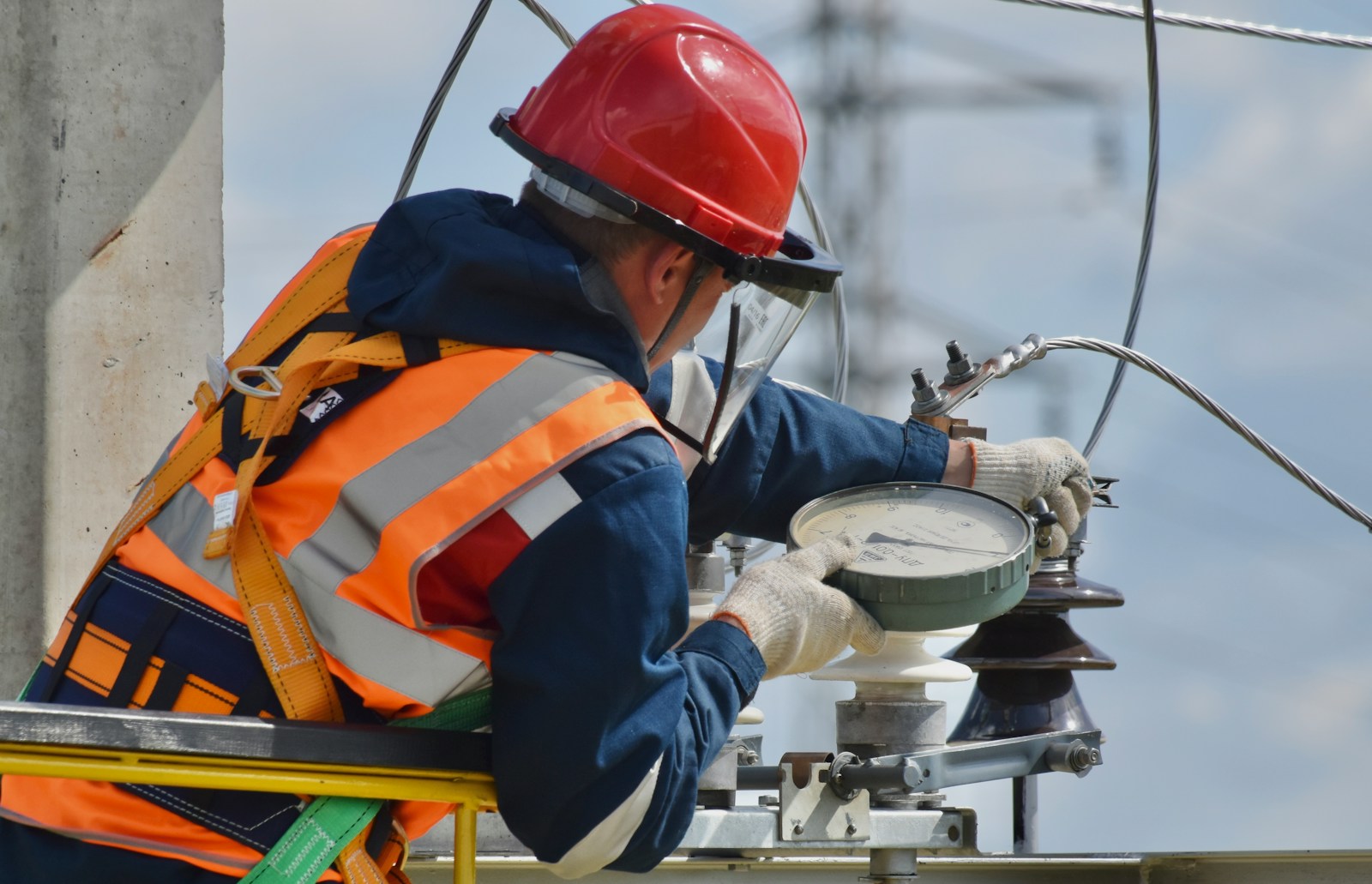Electricity powers nearly every aspect of modern life—from lighting and heating to appliances and entertainment systems. While it may be tempting to try and handle minor electrical issues independently, there are situations where calling a licensed electrician Kaysville Utah is not only the smart choice but also the safest one. Understanding when to call an electrician is crucial for preventing hazards, maintaining safety standards, and ensuring the long-term functionality of your home or business’s electrical system.
1. Frequent Circuit Breaker Trips
One of the most common signs that you need to call an electrician is when your circuit breakers trip frequently. While an occasional trip might not be cause for concern, repeated instances usually indicate an overloaded circuit, faulty wiring, or a more serious underlying issue. An electrician can identify the cause and upgrade your system to handle the electrical load safely.
2. Flickering or Dimming Lights
If your lights flicker or dim when using other appliances, it may point to poor electrical connections or an overloaded circuit. Although it might seem like a minor nuisance, it can be a sign of failing wiring or an unstable power supply—issues best handled by a professional to avoid the risk of fire or electrocution.
3. Outlets or Switches That Are Warm, Discolored, or Buzzing
Outlets and switches should never feel hot to the touch, appear discolored, or emit a buzzing sound. These are signs of faulty wiring or loose connections, which can quickly lead to electrical fires. A certified electrician will inspect and repair the issue to ensure your home remains safe.
4. You Have Old or Outdated Wiring
Homes more than 30 years old may still have outdated wiring systems that don’t meet modern safety standards. Knob-and-tube or aluminum wiring, for example, is no longer considered safe by current building codes. If you’re unsure about the age of your wiring or are experiencing unexplained issues, an electrician should assess the system and recommend necessary updates.
5. Lack of Ground Fault Circuit Interrupters (GFCIs)
GFCIs are essential in areas where water and electricity are in close proximity—such as kitchens, bathrooms, and outdoor outlets. If your home lacks GFCI outlets in these areas, you should call an electrician to install them. This simple addition can significantly reduce the risk of electrical shock.
6. You’re Planning a Renovation or Installing New Appliances
Whether you’re renovating a room or adding a new major appliance, it’s important to consult an electrician. They can ensure your current system can handle the added load, make necessary upgrades, and ensure compliance with local building codes.
7. Sparks, Burning Smells, or Shocks
If you notice sparks when plugging something in, smell burning near outlets, or receive mild shocks, these are immediate red flags. These signs indicate serious electrical faults that require urgent attention from a qualified professional.
While some homeowners may feel confident handling minor electrical tasks like changing a lightbulb or installing a new light fixture, more complex or risky electrical work should always be left to professionals. Knowing when to call an electrician can protect you, your family, and your property from avoidable accidents. Safety should always come first, and when it comes to electricity, professional help is not just a convenience—it’s a necessity.



